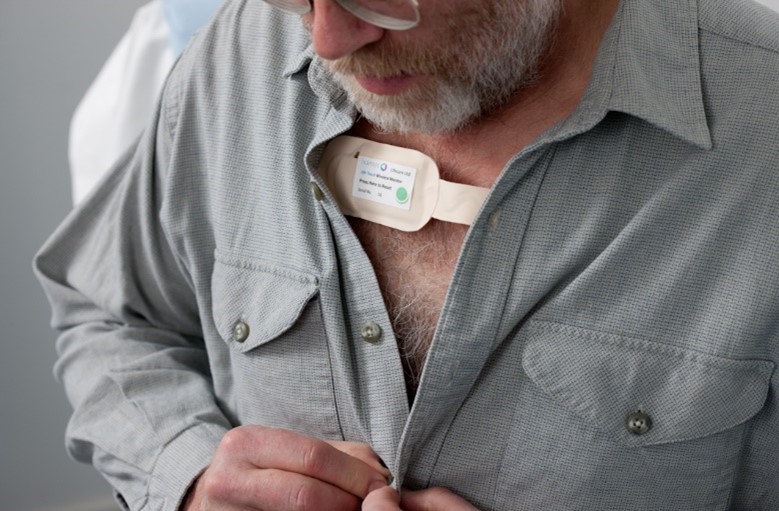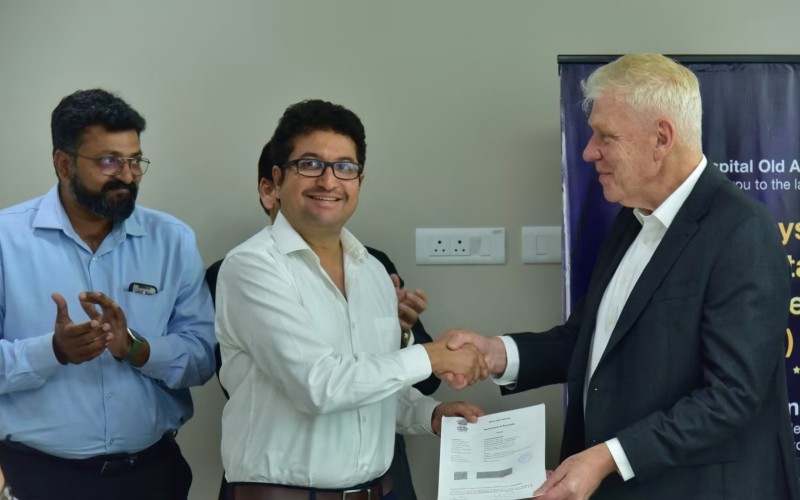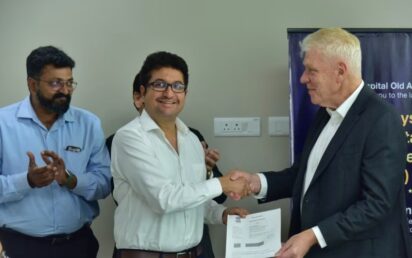Isansys Lifecare has partnered with Manipal Hospitals in India, where its ground-breaking remote patient monitoring system will be used to continuously monitor high-risk and vulnerable patients.
Manipal Hospitals will use the Isansys Patient Status Engine (PSE) system to continuously track the conditions of critical patients out of intensive care units (ICU). It will allow them to determine which patients require admission to ICU and who can be treated in wards, thereby reducing costs.
The PSE is a wireless platform that captures and analyses patients’ physiological data, such as heart rate, temperature, blood saturation, blood pressure and ECG, continuously and in real-time.
This data, along with an early warning score, is fed live to a central monitoring station for clinicians and nurses, and can even be viewed on their mobile phones. This allows care teams to offer more proactive treatment and avoid emergencies.
The PSE has been approved for use in the UK, United States, and Europe, and can be used to wirelessly and remotely monitor patients in hospital or at home without compromising on the level of care they receive.

Keith Errey, CEO of Isansys Lifecare – eighth on our MedTech 50 ranking – said: “We are delighted to be partnering with Manipal Hospitals to offer this leading technology. We work with hospitals across the world and it is clear to see how big a difference the Patient Status Engine can make to patients and clinicians alike.
“The Patient Status Engine system provides the ability to monitor patients in any setting, enabling early interventions when necessary and helping to prevent emergency situations.
“Through continuous monitoring of key vitals, care teams can identify potential health issues before they become more serious and ultimately improve patient outcomes.”
Isansys Lifecare – Every patient monitored, connected and safe
Karthik Rajagopal, COO at Manipal Hospitals, said: “We are the first in India to deploy this advanced solution – the Patient Status Engine – in our hospitals that will alert us if the patient’s health deteriorates. This platform displays changes in parameters that require prompt medical treatment or intervention.
“Deployment of the PSE in wards and high dependency units will ensure patient safety and free up and ensure optimal usage of hospital ICU beds for critical care patients and acute emergencies.”
Manipal Hospitals will be making the patient monitoring system available at all units of its healthcare chain in the next phase of the partnership in an effort to build a safety net for all patients who come to hospital.
Sunil Karanth, head of critical care at Manipal Hospitals, added: “The system easily and automatically gathers and evaluates patients’ vital signs, which helps in assisting in clinical decision making by enabling prompt actions that improve patient care and safety in hospitals as well as at home.”
MedTech 50 – UK’s most innovative medical technology creators for 2022


